The improbable, is possible?
It has been a week of a lot of thinking, talking and rethinking. University, in its different levels, in its multiplicity of careers, minds and visions, offers a brainstorming which helps in finding new ways of living in society. What is possible, and what is not, is discussed.
In a Natural Resources and Environmental Economy class we talked about the extraction and deposit flow scheme of all the materials used by man in its productive cycles (raw materials extraction –all kinds of them– the production of good, the waste produced and its further treatment, and the consumption of those goods), and how all that flow of energy and matter ends up being deposited in the environment.
Human beings, transforming matter and energy, to keep on making our existence even more complex, by inserting more chaos in the system. A simple thermodynamical exchange: order through chaos. But our entropic way of living is taking is down a dangerous road, given the current destruction of our ecosystems.
Hence, as a first measure, our objective would need to be to reduce the materials we use, all the natural resources implied in our daily living. In this way, we could reduce wastes as well. And to achieve this, we need to think…
A few alternatives we discussed in class are:
1) Reduce the waste generated in the productive processes of our goods though new technologies or changes in the processes and materials used. This is very promising, as human wisdom has reached a high level of investigation, knowledge and communication which allows, given a certain environmental problem, to act quickly with the implementation of the new technology required, and we invent it from scratch!, that is who we are.
2) Raise the quantity of reutilized and recycled waste, both coming from the productive sectors and from the consumers (ourselves), to try and use them as a new raw material and try to reduce the amount of materials extracted from the Earth. This is pretty important because of its double contribution, by reducing the Material Accumulation levels and the raw materials used. Nevertheless, the efficiency in recycling is not 100%, but we can always try to improve that efficiency.
3) Final Treatment of Wastes: create alternatives to reduce the contamination and the time it takes to degrade our wastes. Which is also implemented with greater education, investigation and further application.
4) Reduction of Goods and Services offered to the consumer. This was the most discussed point, given the low chances it has of happening, because every day we are more and more humans, with bigger consumption needs, and with a market that offers more purchasing options every day.
And it is understandable, because changing our consumption habits, from within culture, and materialize it into reality, is extremely difficult, with so many fixated ways of expressing ourselves in society. But only imagine it, how easy it would be to change it all, if our acts would materialize what we really want every single day, and not what it is said to us that we want, Imagine how a new range of actions and solutions would flourish by only ACTIVATING ourselves.
Nevertheless –and I repeat a concept sever times expressed in these newsletters-, human being, today, have a huge tool which changes ALL the variables of the game: Internet, and the massive power we have to communicate with each other along the world. It is the first time in the history of our planet, in which a biological species invented a tool to communicate and act cooperatively, as active defenders of our planet.
As Carl Sagan said… if an extraterrestrial being should come with its flying saucer to our planet, what would he think about us? How proud would we feel with what he has to say on the intelligence acquired by our species to manage our environment correctly?
I would love to extend myself on these issues… and I feel that the best way is to keep on passing informational stuff:
- HERE you can read the revised edition of an essay I wrote (regretfully only in Spanish) on the Social Implication of the Gaia Theory
- In Chapter Nº 7 of PLOFF AWARENESS you can read more on “The actual informational systems and their incidence in planetary awareness”
- For more ideas on how to ACTIVATE, you can download here the “Activist Orientation Guide” of the Zeitgeist Movement.
- And of course, you can watch this documentary as much times as you want:
THE IMPROBABLE IS POSSIBLE – Until next week!
Brian Longstaff.-
Bibliography
This newsletter was thought after a nourishing debate given within a Natural Resources and Environmental Economy course in UNLPam, last Friday 23rd of August, 2013, where professors Jorge Caviglia and Héctor Lorda shared their serenity with us for us to maintain a wide look over the whole spectrum of the Economy. – Some topics are as well taken from a short conference I gave last Thursday at the UNLPam on the Social Implications of Gaia Theory which will be available to watch online briefly!

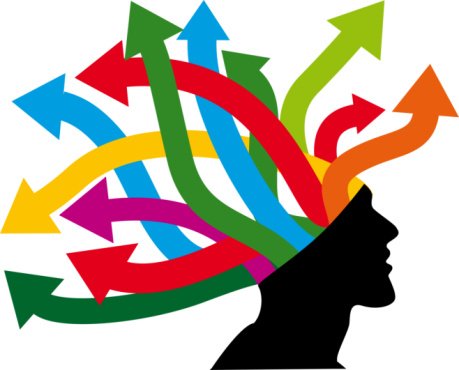
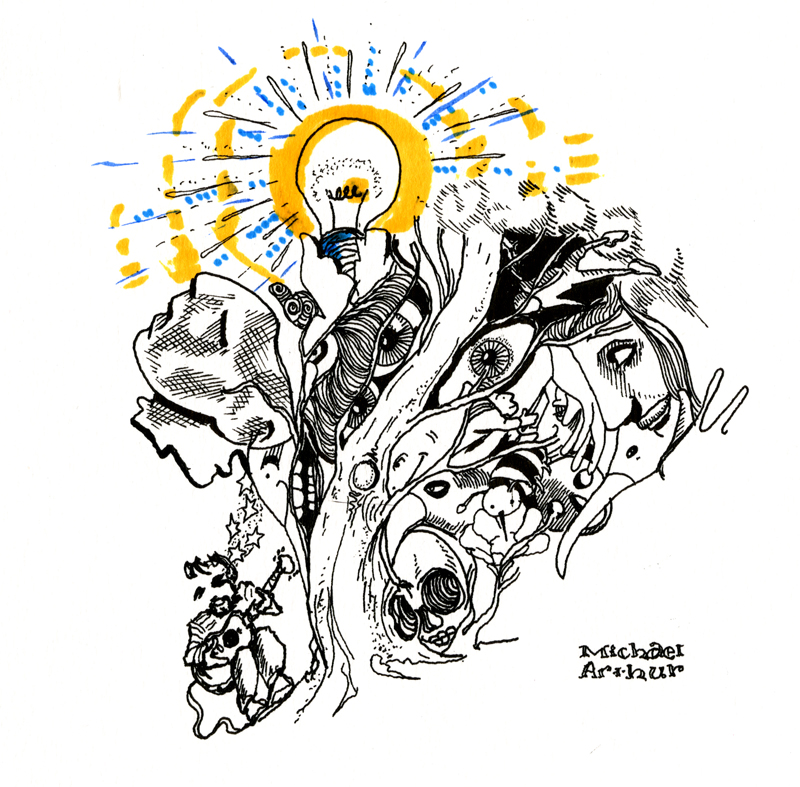
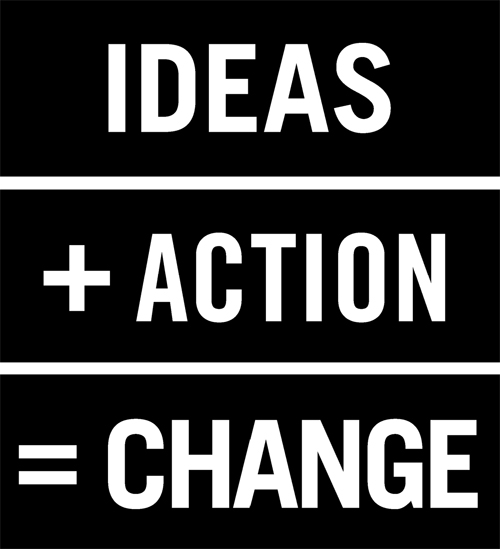
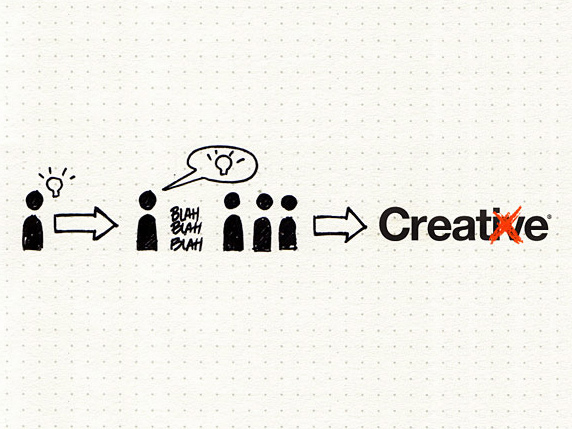
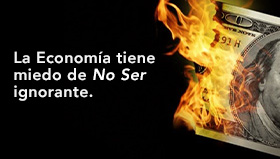





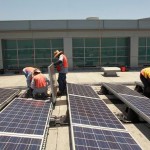



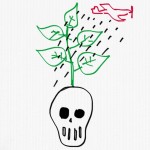

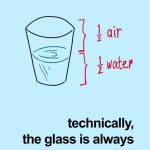



Leave a Comment